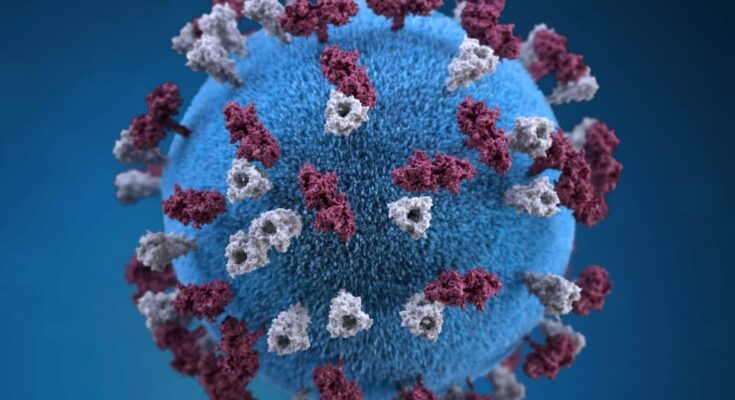On March 11, 2020, the World Health Organization (WHO) officially declared Covid-19 a pandemic, as there’s been an uptick in cases with over 118,000 people infected across 112 countries and the sustained risk of further spread. The virus is a member of the coronavirus family that has never been seen before. Like other coronaviruses, Covid-19 too, has come from animals.
What are the common symptoms of coronavirus or Covid-19?
Those infected with Covid-19 reportedly suffer from flu-like symptoms such as
- cough
- fever
- breathing difficulties.
Coronavirus can also cause pneumonia and organ failure in severe cases.
Is there any vaccination or antibiotics available to help safeguard against coronavirus?
Since coronavirus is viral pneumonia, administering antibiotics is of no use. The antiviral drugs available against flu, will not work. As of now, there is no preventive vaccine against coronavirus. However, an important point worth mentioning here is that, all the people who have died of the disease had weak immune systems. A person with a reasonably strong immune system can easily recover.
Should I visit a doctor if I have incessant cough, and how do I protect myself?
The most recent medical advisory issued in the US and the UK says that if you have recently traveled from coronavirus affected areas, and have incessant cough, you should:
Precautions for Coronavirus
- Avoid physical human contact, especially with people who show symptoms of flu, and stay indoors.
- Wash your hand thoroughly and scrub for at least 20 seconds with clean, running water, preferably with sanitizer, or hand wash.
- Cover your mouth and nose while coughing or sneezing and try to cough or sneeze into your elbow rather than your hands.
- Avoid any unnecessary travel and keep track of travel advisories issued by different countries.
- Avoid using public transport since the chances of contracting an infection like coronavirus are increased.
- Avoid attending large public gatherings.
Misconceptions about Coronavirus
Here are some common misconceptions associated with Covid-19 or coronavirus:
- Here are some common misconceptions associated with A common surgical mask will not protect you against coronavirus, as it is not designed to block out viral particles. However, surgical masks can prevent infected people from spreading the virus by blocking any respiratory droplets.
- Pets such as cats and dogs can’t spread coronavirus. There is no evidence so far to suggest that pet animals can transmit the infection to humans.
- There is hardly any available evidence to suggest that Vitamin C supplements can make people immune against coronavirus.
- It is absolutely safe to receive letters and packages from infected countries like China, as per the World Health Organization. Previous research suggests that coronaviruses cannot survive long on objects.
- There is no scientific evidence to suggest that coronavirus spreads through eating chicken, mutton, and seafood.
- It’s a common myth that coronavirus does not infect children. Recent studies indicate that kids are as likely as adults to get infected by coronavirus.
Vitamin C supplements can make people immune against coronavirus.
Until more data comes in, we can’t truly assess how dangerous or contagious the new coronavirus is. However, the crucial difference between coronavirus and common flu is that there is no vaccine to guard against coronavirus. This shortfall puts the vulnerable members of our population – the elderly or those with existing respiratory or immune problems – in harm’s way.




